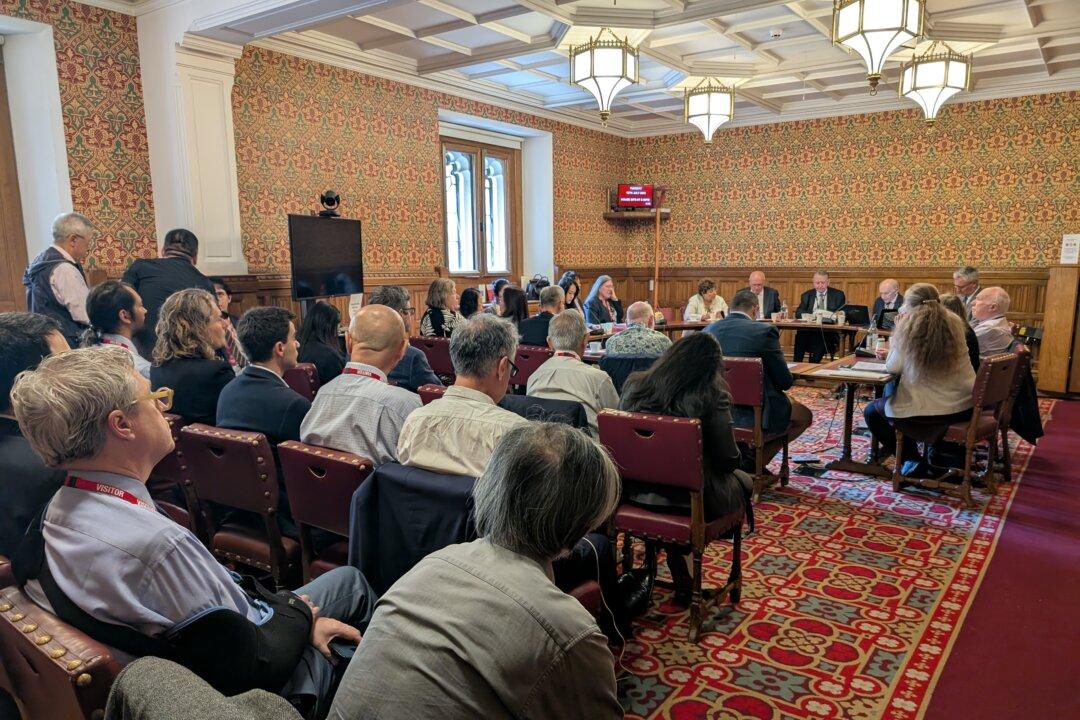A UK judge said that barring job applicants from “hostile” countries from working in sensitive roles is not racist but necessary due to potential espionage risks.
It is not discriminatory to prevent individuals from nations such as China, Russia, North Korea, or Iran, which pose a threat to Britain, from taking certain jobs in the defense or security sector, an employment tribunal has ruled.
The ruling comes after a Chinese scientist, Tianlin Xu, accused a British artificial intelligence company, Binary AI, of racism, after she was not hired due to security concerns.
The company uses AI to identify hidden backdoors in software used by organizations to prevent state-backed hackers from hostile countries.
In September 2023, the company secured a contract with the UK’s Defence Science and Technology Laboratory (DSTL) and other UK Ministry of Defence bodies. The agreement, which required employees to pass security clearances, supported both the U.S. and UK defense as the end clients.
Patrick-Evans advertised for a position of lead AI researcher for the contract and ultimately chose another candidate over Xu.
The tribunal decision said Patrick-Evans consulted the national security contact for advice on hiring a Chinese national for this role. One of the response emails read: “We are now unable to fund Chinese nationals for any NS-related work (no matter how long they’ve been resident). The work you’re doing is of great interest to our community and is likely to get into quite sensitive territory, so I would strongly advise against hiring a Chinese national. Sorry for the brief email and potentially hard line.”
Her main basis for the claim was an email written on Oct. 28, 2023, from Patrick-Evans. He said: “However, disappointingly, I’ve come to the decision not to proceed with your application on the sole basis of your nationality.
“As a company, we work closely in sensitive areas with Western governments and wish to continue to do so. We’re simply not a big enough company to ensure the separation and security controls needed to hire someone of your nationality at this stage.”
The tribunal dismissed Xu’s claims.
Employment Judge Richard Baty, sitting in London, said that there were three other reasons the job was given to another applicant: first, that candidate was a British national with relevant experience and prior security clearance.
Additionally, Xu’s salary expectations were much higher than those of the candidate offered the role.
Furthermore, Patrick-Evans conducted additional background research on Xu’s social media account, which raised his concerns about some of her abilities.
Baty said that Patrick-Evans omitted these details in his email to “let her down gently.” He chose a reason unrelated to her abilities or behavior but tied to genuine customer requirements, which was not her fault.
The reason Xu was rejected was that her nationality prevented her from obtaining security clearance, which is not discrimination, he said.
“That reason would apply to people of any nationality where it was not possible to get security clearance (including Russian, North Korean, and Iranian nationality as well as Chinese nationality). The reason is not nationality per se,” he said.
Baty said in his judgment: “The UK government and its Western allies that form the Five Eyes alliance have been under constant attack by many of these malicious groups, mainly from state-backed hacking groups from countries such as North Korea, Russia, China, and Iran.
“These hacking groups have tried to obtain a ‘backdoor’ or malicious remote access into software that forms the backbone of UK infrastructure, such as 5G telecoms, NHS health networks, powerplant controllers, and water infrastructure systems.
“It is therefore imperative that the security of the software that drives these systems is verified, controlled, and secured.
“‘Backdoors’ have a devastating impact on the security of UK sovereignty and economic well-being. They allow foreign states to spy on the most sensitive UK data and steal sensitive information and economic trade secrets. Detecting backdoors hidden in software is exceptionally difficult.”







